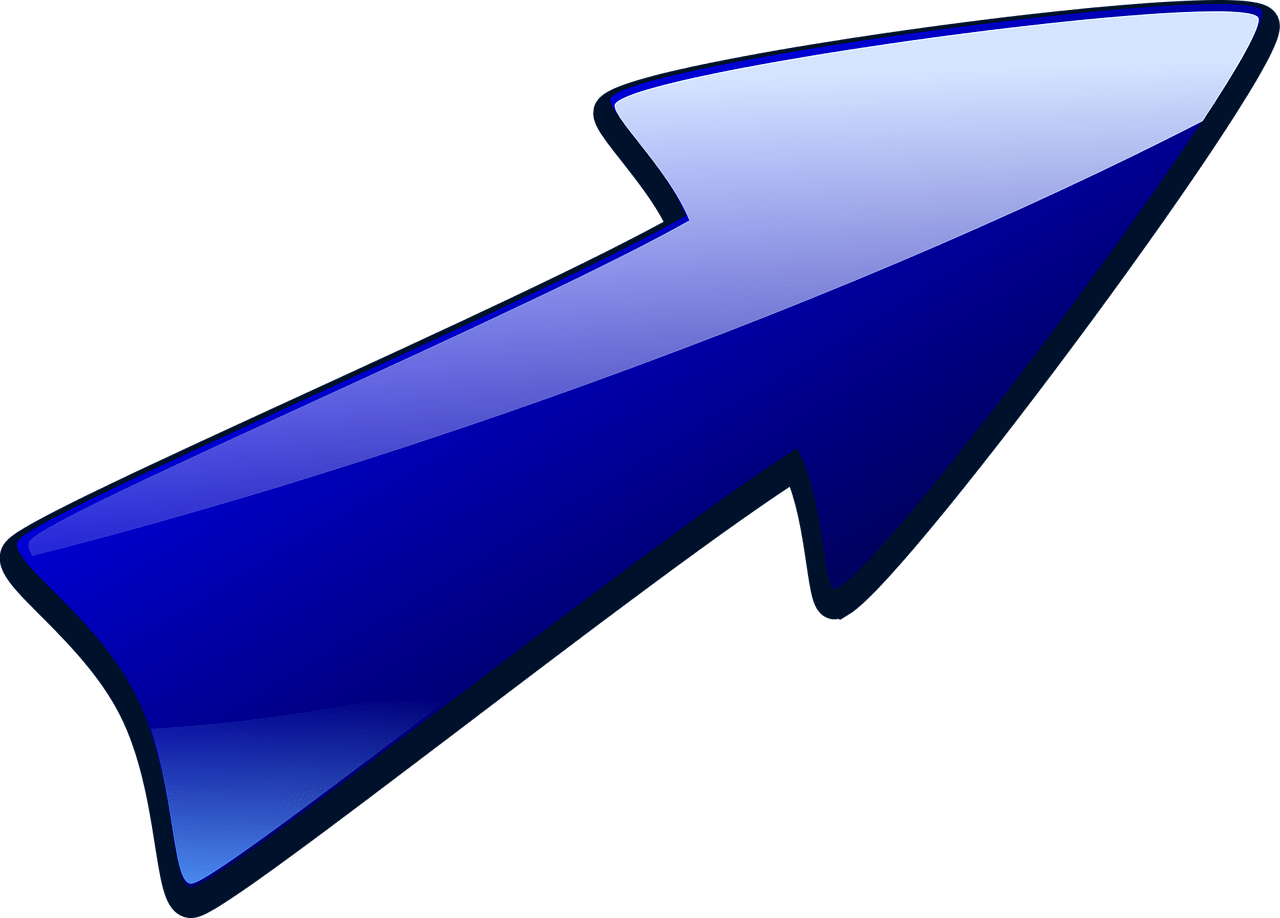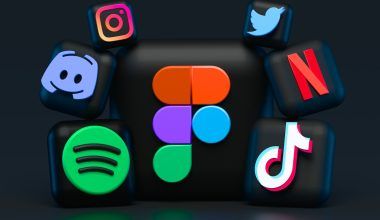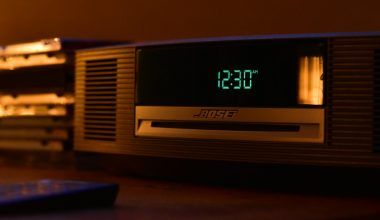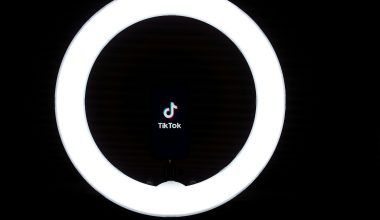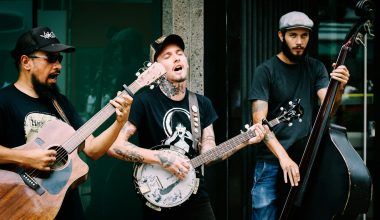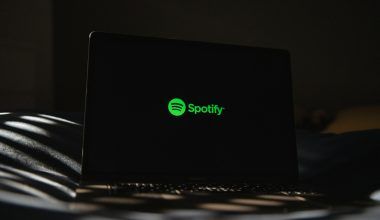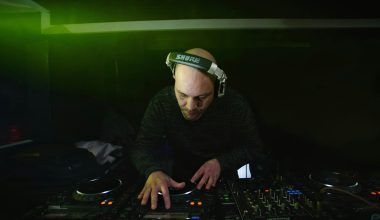If you’ve ever uploaded a video or audio clip to social media, you might have seen the phrase “I do not own the rights to this song” used in captions. But what does it actually mean? This simple sentence has become a common disclaimer, but its purpose and legal effectiveness can be confusing.
In this blog, we’ll break down everything you need to know about this phrase. From copyright laws to how this disclaimer works, you’ll understand why it matters and how to navigate its use correctly.
Why Do People Use the Phrase?
The phrase “I do not own the rights to this song” is often used by creators who feature copyrighted music in their content. Whether it’s a background track in a vlog, a trending song in a dance video, or a cover of your favorite artist, these scenarios can involve copyright laws.
Here’s why people use it:
- Acknowledgment of Copyright: It signals that the creator is aware the music belongs to someone else.
- Avoiding Penalties: Some think it can help avoid copyright strikes or takedown notices.
- Respect for Artists: By using this phrase, creators try to show respect for the original owner.
However, does it actually protect you legally? The short answer is no. Let’s explore why.
What Is Copyright?
Copyright is a law that protects original works of authorship, including music. If someone creates a song, they automatically own the rights to it. These rights give the creator control over how their work is used, reproduced, or distributed. Using copyrighted music without permission can lead to legal consequences.
Does “I Do Not Own the Rights to This Song” Make It Legal?
Unfortunately, no. Using this phrase does not grant permission to use copyrighted material. It’s a common misconception that this disclaimer serves as a legal shield. While it might help you avoid disputes in some cases, it does not guarantee protection against copyright claims.
Common Scenarios for Using Copyrighted Music
- Social Media Posts: Background music in Instagram Stories or TikToks.
- YouTube Videos: Adding a song to your vlog or tutorial.
- Live Performances: Streaming a live event with background music.
- Cover Songs: Performing someone else’s song and uploading it.
In all these cases, you might be infringing copyright laws without proper licensing.
Alternatives to Using the Phrase
Instead of relying on the phrase “I do not own the rights to this song,” here are better solutions:
- Get a License: Obtain permission from the copyright holder. Platforms like YouTube offer content ID systems for licensed music.
- Use Royalty-Free Music: Many websites provide free or paid royalty-free music that you can use legally.
- Create Original Music: Compose your own music or collaborate with indie artists.
What Happens If You Don’t Get Permission?
Using copyrighted music without permission can result in:
- Takedown Notices: Platforms like YouTube may remove your content.
- Monetization Loss: Ad revenue may go to the copyright owner.
- Legal Action: In rare cases, you might face lawsuits or fines.
How to Check If a Song Is Copyrighted
- Search Online: Use music databases like ASCAP or BMI to find copyright information.
- Ask the Creator: Contact the artist or their record label directly.
- Check Licenses on Platforms: Platforms like YouTube provide guidelines for copyrighted music.
Social media platforms have strict copyright policies. Here’s how they handle music:
- Instagram and Facebook: Some licensed tracks can be used for free, but there are limits.
- YouTube: Videos with copyrighted music might get demonetized or muted.
- TikTok: Often has agreements with record labels for specific songs.
Tips for Content Creators
- Plan Ahead: Choose music carefully to avoid copyright issues.
- Read the Rules: Familiarize yourself with platform-specific guidelines.
- Credit the Artist: While it doesn’t replace permission, crediting shows respect.
What Musicians Should Know
If you’re a musician, understanding copyright is critical. Protecting your music ensures you get the royalties and recognition you deserve. Here are some quick tips:
- Register Your Music: Ensure your songs are copyrighted and registered with a licensing body.
- Use Digital Platforms: Tools like Deliver My Tune help distribute your music while securing royalties.
- Monitor Usage: Use services like YouTube Content ID to track unauthorized use.
Fun Fact: Covers and Copyright
Did you know that even cover songs require licensing? Performing someone else’s song might seem harmless, but it’s still subject to copyright laws. Platforms like Spotify and Apple Music offer specific cover licenses.
Conclusion
The phrase “I do not own the rights to this song” might feel like a simple solution, but it’s not a legal safety net. As a creator, respecting copyright laws is essential to avoid penalties and support original artists. By understanding the rules and using licensed or original music, you can create content confidently and ethically.
For further reading, explore these related articles:
- Unveiling the Excitement: Billboard Music Awards Nominees
- Celebrate Mother’s Day with the Best Songs for Moms Everywhere
For additional resources on music marketing and distribution, visit Deliver My Tune.
